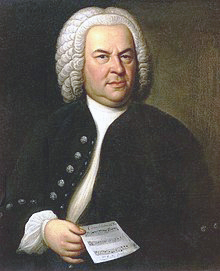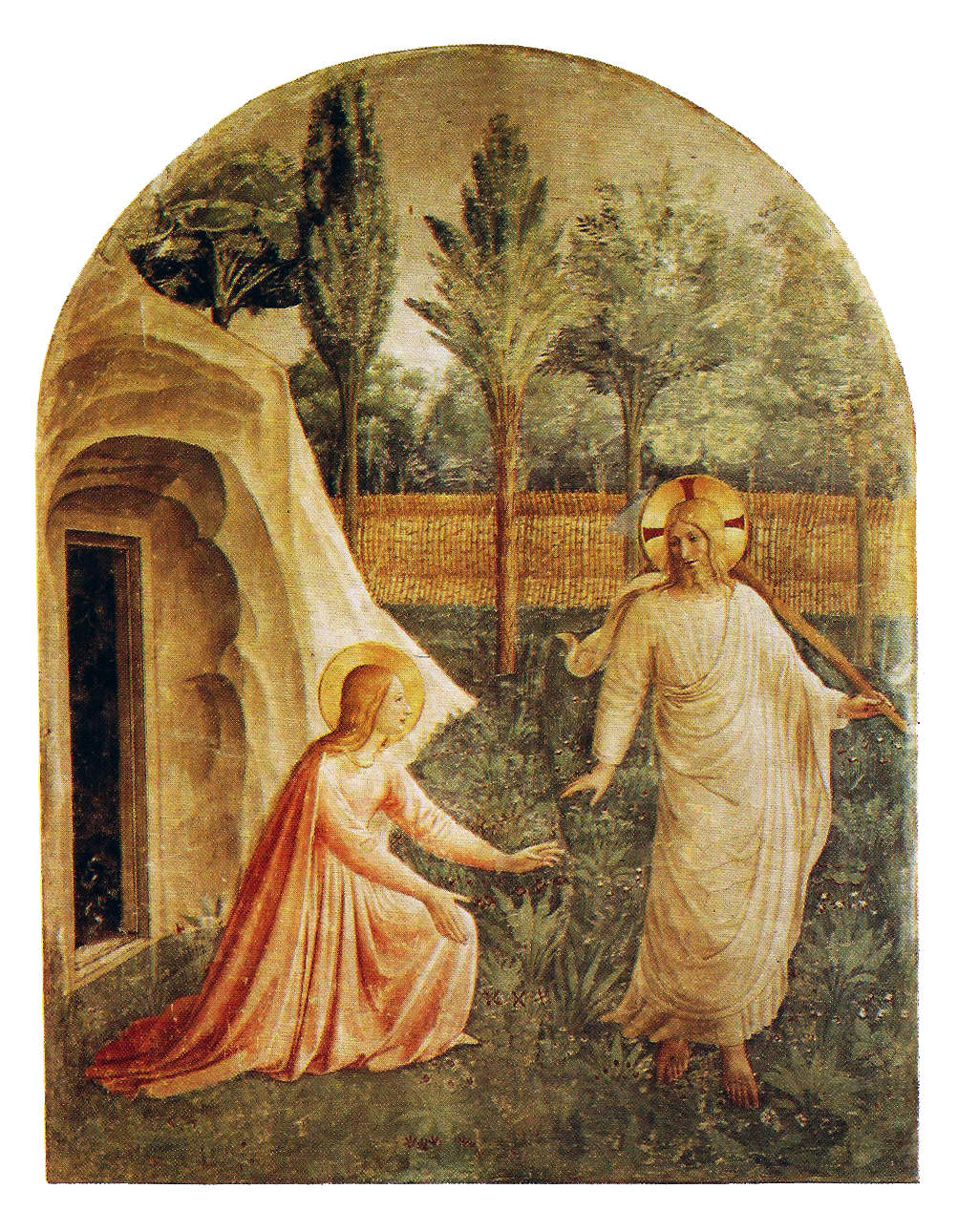 In the aforementioned documentary, after minute 46 the narrator talks again about Bach’s ‘life ambition’: writing music for the church. It is very interesting to observe how Bach worked frantically in Leipzig to compose, in a relatively short time, his two Passions.
In the aforementioned documentary, after minute 46 the narrator talks again about Bach’s ‘life ambition’: writing music for the church. It is very interesting to observe how Bach worked frantically in Leipzig to compose, in a relatively short time, his two Passions.
Leipzig was ‘the city of churches’ and out of a population of thirty thousand, nine thousand of them gathered together in two churches, making Bach the centre of an audience ten to twelve times larger than an opera house. Wagner would have envied him! It was there that Bach premiered a Passion: a central gem in a series of cantatas and oratorios that told the story of a rabbi’s arrest, trial, and crucifixion. This was a fictional rabbi that the treasonous Aryans still adore, including a good many of the misnamed white nationalists. St John Passion is an amalgam of ‘storytelling, meditation and drama’ and let us remember that the Gospel of John was Luther’s favourite gospel.
If one takes a look at minute 56:40 in the referred documentary we see the narrator directing a group of musicians that includes a woman of dark skin: the perfect corollary of an ethic that commands the German to love every anthropomorphic creature. The narrator comments on playing St John Passion: ‘It’s like nails being driven into bare flesh’ and that’s exactly the feeling that that music causes me. But not in the sense that the narrator imagines: but in the sense of my dreams of terrifying cathedrals and my dislike for dad’s Christianity (and Bach’s music). I especially feel that when the choir sings together.
In a non-nightmarish world Aryan Germany would have continued without Levantine contamination. How would that Teutonic music have sounded in an 18th-century parallel world in which Julian had not been murdered? Maybe when Christianity finishes dying Bach’s music will die but even in secular Germany Christianity is alive. Just listen to the lyrics of St John Passion sung by the German choir after the 58th minute!:
(((Lord))), our ruler
whose fame in every land is glorious!
Axiologically (‘ethnocentrism for me but universalism for thee’), the Hebrew god still rules the West, even the secular West. In a ‘wonderful presentation of story-telling’ the Passion composed by Bach tried to transmit, in ‘an extraordinary amalgam between theology and music’, the drama of the rabbi’s crucifixion whom mad people ordered to be killed. It hurts to see these Aryans sing to the god of the Jews seven decades after a German Reich tried to get them on the right track.
St John Passion, the narrator informs us, is a masterpiece even though the authorities at the time disliked it so much that they forced Bach to make changes to it.
3 replies on “Wagner vs. Bach, 3”
My favorite Johannes Passion record is 1988 conducted by Peter Schreier:
LINK
Striking sound quality, great voices and orchestra, appropriate tempos and timbres. Among other advantages mark the choir pronounces explosive High German and Nordic RRRRrrrrrrrr.
Librettos of Bachian works bristle on every other line with the glorifications:
“Du Sohn Davids aus Jakobs Stamm
Mein Konig und mein Brautigam
Hast mir mein Herz besessen”
You son of David from the line of Jacob
my king and my bridegroom
have taken posession of my heart
or
“Fahr hin, abgottische Zunft!
Sollt sich die Welt gleich verkehren,
Will ich doch Christum verehren,
Er ist das Licht der Vernunft.”
Be gone, idolatrous clan!
Should the world remain wayward,
I will still venerate Christ,
he is the light of reason.
I tend to think that Bach’s majestic music must sink into oblivion after our world will take the right road. There are incompatible like religious paintings depicting the holy family, prophets and martyrs of Near-Eastern origin as persons with blond hairs, blue eyes and noble features. It’s all the same poisonous message in beautiful packing.
Indeed!

By the way, I’m very fond of viola da gamba music. This string instrument is an absolute peak of Baroque, especially in solo pieces. And further evolution resulting in classical violin and cello seems a degradation and vulgarization of musical manners, because viola da gamba has very delicate and introspective sound, melancholic and sad.
Сelebrated gambists like Saint-Colombe and Marin Marais created mainly secular music like suites, preludes, fantasies devoted rather to inner feelings and personal reflections.
Perhaps you saw an excellent movie on the topic, “Tous Les Matins du Monde”, here is a little fragment: LINK
or listened to the most famous gambist of our time, Jordi Savall: LINK
Could this astounding music remain in our cultural treasury after the Transvaluation? I don’t know. Alas, it is painted in decadent tones of Christian era too.